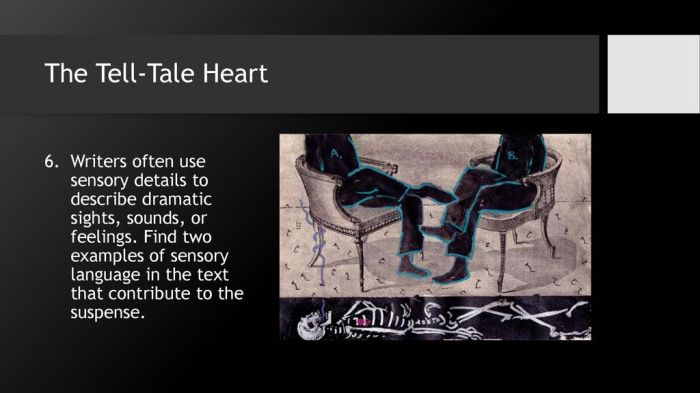Dios mio me arrepiento de todo corazon, a phrase that translates to “My God, I repent with all my heart,” holds profound emotional and spiritual significance, expressing deep remorse and a longing for redemption. This phrase has permeated various cultural contexts, from religious and spiritual practices to literature and art, reflecting societal attitudes towards sin, forgiveness, and repentance.
This exploration delves into the origin, meaning, and multifaceted interpretations of dios mio me arrepiento de todo corazon, examining its cultural, psychological, and artistic expressions.
The phrase’s origins lie within religious traditions, particularly Christianity, where it represents a heartfelt plea for forgiveness and reconciliation with God. It acknowledges the weight of sin and the desire for redemption, encapsulating the human struggle with guilt, regret, and the search for absolution.
Origin and Meaning: Dios Mio Me Arrepiento De Todo Corazon
The phrase “Dios Mio Me Arrepiento de Todo Corazon” originated in the Spanish language and translates literally to “My God, I repent with all my heart” in English. It is a powerful expression of remorse and regret, often used in religious contexts to express a desire for forgiveness and redemption.
Cultural Significance
In Hispanic culture, the phrase carries deep cultural and religious significance. It reflects the belief in a compassionate and forgiving God who offers redemption to those who truly repent their sins. The phrase is often used in prayers, confessions, and other religious rituals to express a heartfelt desire for forgiveness and a renewed relationship with God.
Expression of Remorse and Regret

Emotional Weight
The phrase “Dios Mio Me Arrepiento de Todo Corazon” conveys a profound sense of remorse and regret. It acknowledges the gravity of one’s actions and expresses a deep desire for forgiveness and redemption. The phrase carries a strong emotional weight, as it represents a sincere and heartfelt plea for forgiveness from a higher power.
Psychological and Spiritual Implications
Regret is a complex emotion that can have significant psychological and spiritual implications. It can lead to feelings of guilt, shame, and self-recrimination. However, the act of repentance can provide a path to healing and redemption. By acknowledging one’s wrongdoing and seeking forgiveness, individuals can begin to let go of the burden of guilt and shame and move towards a more positive and fulfilling life.
Cultural Context

Role of Religion and Spirituality
The phrase “Dios Mio Me Arrepiento de Todo Corazon” is deeply rooted in the religious and spiritual beliefs of Hispanic culture. It reflects the importance of forgiveness and redemption in the Christian faith. The phrase is often used in religious rituals and prayers to express a sincere desire for forgiveness and a renewed relationship with God.
Societal Attitudes towards Sin, Forgiveness, and Repentance, Dios mio me arrepiento de todo corazon
The phrase also reflects societal attitudes towards sin, forgiveness, and repentance. In Hispanic culture, there is a strong belief in the power of forgiveness and the importance of seeking redemption for one’s sins. The phrase “Dios Mio Me Arrepiento de Todo Corazon” is a powerful expression of this belief and a testament to the importance of forgiveness and reconciliation in human relationships.
Literary and Artistic Expression

Use in Literature, Poetry, and Music
The phrase “Dios Mio Me Arrepiento de Todo Corazon” has been used extensively in literature, poetry, and music to convey themes of remorse, regret, and redemption. In literature, the phrase is often used in religious or spiritual contexts to express a character’s struggle with guilt and the desire for forgiveness.
In poetry, the phrase is used to convey a sense of deep emotional anguish and the longing for redemption.
Interpretation and Conveyance through Artistic Mediums
Artists have interpreted and conveyed the phrase “Dios Mio Me Arrepiento de Todo Corazon” through various artistic mediums, including painting, sculpture, and music. In painting, the phrase is often depicted in religious scenes or as a symbol of repentance and forgiveness.
In sculpture, the phrase is sometimes inscribed on monuments or statues to convey a sense of remorse or sorrow.
Modern Usage and Interpretation

Use in Contemporary Language and Culture
The phrase “Dios Mio Me Arrepiento de Todo Corazon” continues to be used in contemporary language and culture, although its meaning and usage have evolved over time. It is still commonly used in religious contexts to express a desire for forgiveness and redemption.
However, it is also used in secular contexts to express regret or remorse for past actions.
Evolution and Different Meanings
The phrase has evolved in its meaning and usage over time. In contemporary culture, it is often used as a more general expression of regret or remorse, rather than specifically in a religious context. It can also be used in a more ironic or humorous way to express a sense of exasperation or frustration.
Answers to Common Questions
What is the origin of the phrase “Dios mio me arrepiento de todo corazon”?
The phrase originates from religious traditions, particularly Christianity, where it represents a heartfelt plea for forgiveness and reconciliation with God.
What is the literal translation of “Dios mio me arrepiento de todo corazon”?
The literal translation is “My God, I repent with all my heart.”
How is the phrase used in contemporary language and culture?
In contemporary usage, it continues to express deep regret and a longing for forgiveness, transcending religious contexts and becoming a universal expression of remorse.
